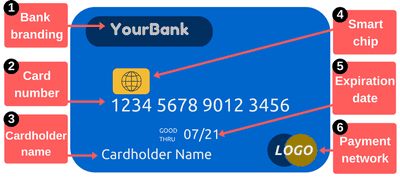A thread brought to you by being late for the good train and being stuck on the local.
1/n
Think that one scene in A Beautiful Mind, but if that scene had correctly explained how the Prisoners Dilemma works instead of whatever the hell that was.
2/n
Back in the ye olde pre-Twitter era of 1970, "lemon" was what you called a car that seemed fine on the lot, but was junk under the hood.
3/n
Alrighty, here we go!
There are two kinds of people out there: buyers and sellers. To get this analogy going, think scientists and science consumers/funders.
4/n
In the original paper, buyers knew if the car was a 🍋, but we can relax that a little here.
5/n
Round 1: A bunch of cars go on sale at 🍑y prices, and a bunch of folks buy them. One such buyer is our friend Cave Johnson.
6/n
And if you know ANYTHING about Cave Johnson, it is that you DO NOT GIVE THAT MAN LEMONS!
... and I have arrived at my stop, tale will continue momentarily.
7/n
So, now everyone knows that, say, 10% of the cars are 🍋s, and expect that the market has 10% junk. This year, won't pay full 🍑 prices.
In the original, sellers can't afford to put peaches on the market at those prices, so they put more lemons up.
8/n
And the analogy gets thin here, but that's just the strictest version of this story; we get roughly the same thing with a few modifications.
9/n
Now, the "best" thing for a seller is to sell 🍋s that look like 🍑s on the surface.
10/n
And remember: THIS DOES NOT REQUIRE MAL INTENT. It's just plain old competition over limited resources. Sellers who sell more true 🍑s will lose.
11/n
The classical way to "correct" this market and get it so that we have way more 🍑s and way fewer 🍋 is INFORMATION, or some way to tell if a car is really a 🍑or a 🍋.
12/n
We've got scientists (kinda like sellers) competing for limited resource $s from funders (kinda like buyers), and various other buyer-like folks who actually use the products of research, like doctors and such.
13/n
There are some really weak skin-deep and barely relevant, but easily visible signals, like p<0.05.
Sounding familiar?
14/n
And remember, those sellers don't have to be malicious; they may simply not know better, get lucky, or have slightly more lenient practices.
15/n
You mean like when people have been seeing the bajillionth egg/coffee/chocolate 🍋 over DECADES in a seemingly endless cycle of more and more BS?
Why are we surprised? We're a Market for Lemons!
16/n
The reality is that our current peer review and publication systems are not even CLOSE to being able to get it done.
17/n
And, while there are some good signs for the future, it's unclear how much progress we're making here.
18/n
But it's hard and slow progress, and frankly infuriating.
19/n
1) A correction: The "buyers" at the end of #5 should be "sellers" (credit to @jonatanpallesen)
2) Others have made this analogy, and far more eloquently
/ less snarky than I. E.g. this from @siminevazire (credit to @hardsci) collabra.org/article/10.152…
21/20
To me, the most serious, pervasive, and problematic 🍋 s, are weak and misleading "standard" methods (cont.)
22/20
23/20
24/20
25/20







